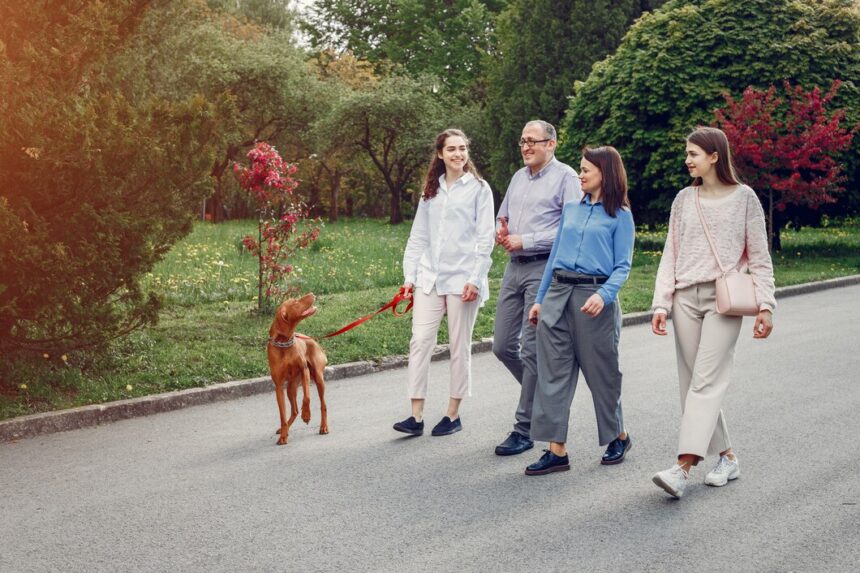In today’s fast-paced urban environments, green spaces often serve as vital oases of tranquility. Parks, gardens, and other urban green areas offer more than just aesthetic value; they play a crucial role in enhancing mental well-being. This article explores the psychological benefits of urban green spaces and how they contribute to our overall health.
1. Stress Reduction
One of the most significant psychological benefits of urban green spaces is stress reduction. Research has consistently shown that spending time in natural environments lowers cortisol levels, the hormone associated with stress. Parks and green areas offer a respite from the noise and hustle of city life, providing a calming effect. A leisurely walk or simply sitting in a park can significantly decrease stress and promote relaxation.
2. Enhanced Mood and Emotional Well-being
Urban green spaces have been linked to improved mood and emotional well-being. Exposure to nature stimulates the production of endorphins, which are natural mood lifters. People who spend time in green areas often report feeling happier and more content. The visual appeal of greenery, the sound of birds, and the fresh air contribute to a positive mood, helping to combat feelings of anxiety and depression.
3. Increased Cognitive Function
Research indicates that time spent in nature can enhance cognitive function. Urban green spaces provide a break from the constant stimulation of city life, allowing the brain to rest and recover. Studies have found that walking in natural settings can improve attention, memory, and problem-solving skills. This cognitive boost is particularly beneficial for individuals who experience mental fatigue from daily stressors.
4. Social Interaction and Community Building
Parks and green spaces also play a vital role in fostering social interaction and community cohesion. They serve as gathering places where people can connect with others, participate in group activities, and build social networks. Positive social interactions in these environments contribute to a sense of belonging and community, which is essential for mental health.
5. Opportunities for Physical Activity
Engaging in physical activity is another benefit associated with urban green spaces. Walking, jogging, or participating in recreational sports in parks promotes physical health, which is closely linked to mental well-being. Regular exercise helps alleviate symptoms of anxiety and depression, making green spaces essential for encouraging an active lifestyle.
6. Connection to Nature
Finally, urban green spaces help maintain a connection to nature, which is crucial for psychological health. This connection fosters a sense of wonder and appreciation for the natural world, providing a break from the artificial and often stressful aspects of urban life. Engaging with nature through activities such as gardening or simply observing wildlife can be incredibly therapeutic.
Urban green spaces are more than just aesthetic enhancements to cityscapes; they are vital for psychological health. By reducing stress, improving mood, boosting cognitive function, fostering social connections, promoting physical activity, and maintaining a connection to nature, parks and gardens offer numerous mental health benefits. As cities continue to grow, integrating and maintaining green spaces should be a priority for urban planners and policymakers to support the well-being of their communities.










